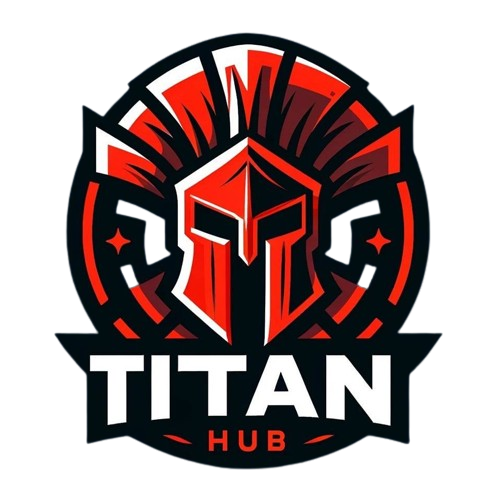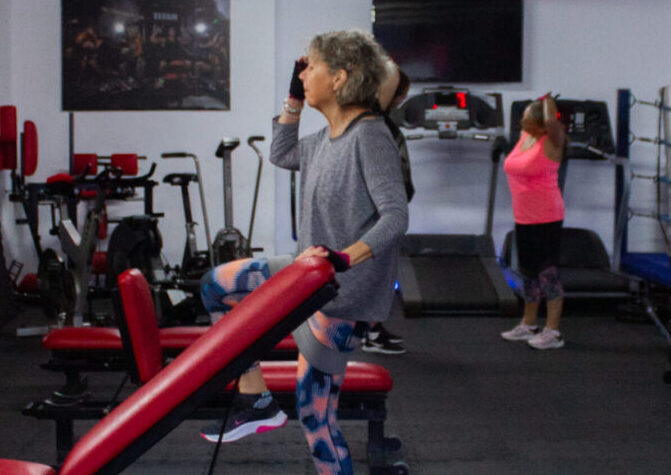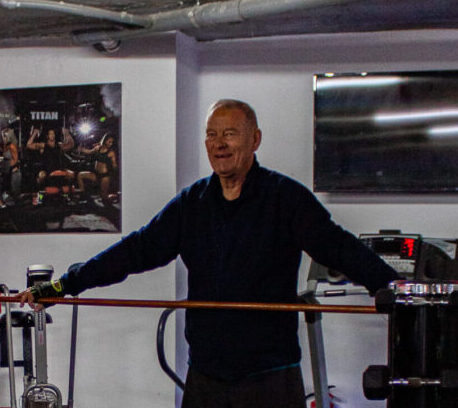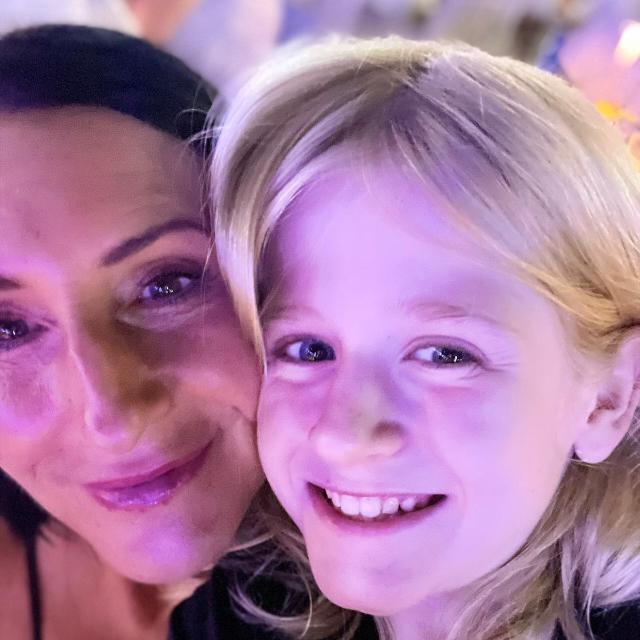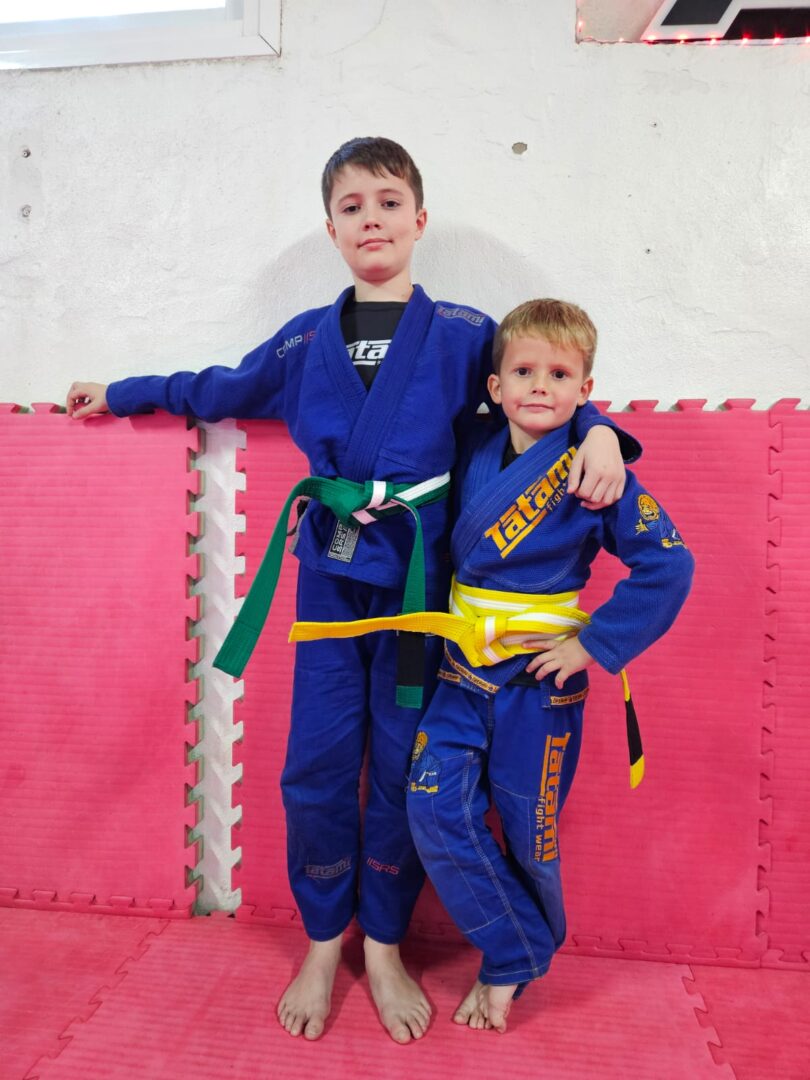Your body needs the right fuel to perform at its best, whether you’re training hard or simply trying to feel better in your daily life. Nutrition planning and coaching helps you understand how food affects your energy, recovery, and overall health, giving you the knowledge to make choices that support your goals.
This isn’t about following strict diets or cutting out foods you enjoy.
It’s about learning how different foods affect your body and developing eating habits that work with your lifestyle, not against it.
Why Nutrition Matters More Than You Think
Food is information for your body. Every meal sends signals that affect your energy levels, mood, recovery, and long-term health. When you understand these connections, you can make choices that help you feel and perform better.
Many people struggle with inconsistent energy throughout the day, poor recovery from exercise, or difficulty maintaining a healthy weight. Often, these issues stem from misunderstanding how to fuel their bodies properly rather than from lack of willpower or motivation.
Nutrition coaching helps you identify the connections between what you eat and how you feel, giving you practical tools to improve your energy, performance, and overall well-being.
Understanding Your Body’s Needs
Everyone’s nutritional needs are different, influenced by factors like activity level, age, health status, and personal goals. What works for your friend or colleague might not work for you, which is why personalized guidance makes such a difference.
A nutrition coach helps you understand your individual needs by considering:
Your Activity Level – Someone who trains regularly has different nutritional needs than someone with a sedentary lifestyle. The timing and composition of meals can significantly affect your energy and recovery.
Your Schedule – Your work schedule, family obligations, and daily routine all influence when and how you can eat. Effective nutrition planning works with your schedule, not against it.
Your Preferences – Sustainable nutrition changes must include foods you actually enjoy. A good coach helps you find healthy options within your preferred foods and cultural traditions.
Your Goals – Whether you want more energy, better recovery, weight management, or improved health markers, your nutrition plan should directly support these objectives.
The Coaching Process
Nutrition coaching is a collaborative process that helps you develop the knowledge and skills needed to make good food choices independently.
Assessment and Understanding – Your coach learns about your current eating habits, lifestyle, health history, and goals.
This isn’t about judgment – it’s about understanding your starting point and identifying opportunities for improvement.
Education and Planning – You’ll learn about nutrition principles and how they apply to your specific situation. Your coach helps you develop practical strategies for meal planning, food preparation, and making good choices in various situations.
Implementation and Support – Making changes is often challenging, even when you know what to do. Your coach provides ongoing support, helping you overcome obstacles and adjust your approach as needed.
Skill Development – The goal is to teach you the skills and knowledge needed to maintain healthy eating habits long-term, even without ongoing coaching support.
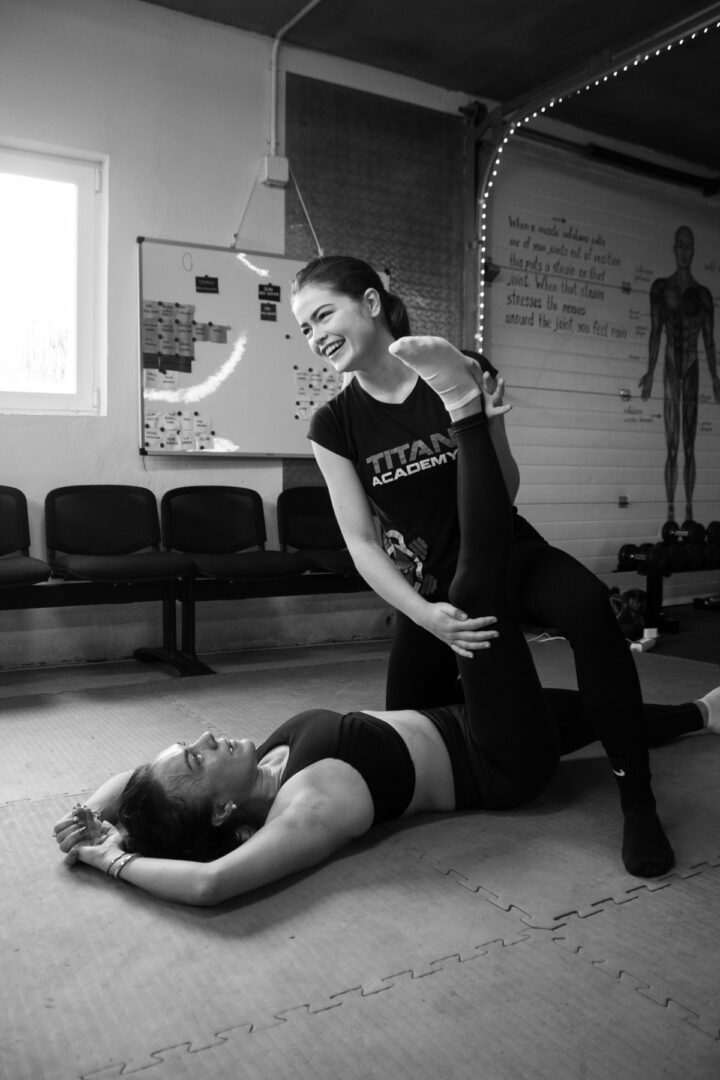
Practical Skills You’ll Develop
Nutrition coaching focuses on practical skills you can use in real-world situations:
Meal Planning – Learn to plan meals that fit your schedule, budget, and preferences while meeting your nutritional needs. This includes understanding how to balance different foods and time meals around your activities.
Food Preparation – Develop simple cooking skills and meal prep strategies that make healthy eating convenient and enjoyable. You don’t need to become a chef, but basic skills make a huge difference.
Smart Shopping – Learn to navigate grocery stores efficiently, read food labels effectively, and select quality ingredients that support your goals.
Eating Out – Develop strategies for making good choices when you don’t control the food preparation, whether at restaurants, social events, or while traveling.
Stop Guessing - Track Your Body's Real Changes
Addressing Common Challenges
Nutrition coaching helps you overcome common obstacles that often derail healthy eating efforts:
Time Constraints – Learn quick, healthy meal preparation techniques and strategies for eating well even when you’re busy. This includes identifying convenient healthy options and preparing foods in advance.
Social Situations – Develop skills for navigating social events, family gatherings, and work functions where food is involved. You’ll learn to participate fully while maintaining your health goals.
Emotional Eating – Understand the difference between physical hunger and emotional triggers. Learn healthier ways to cope with stress, boredom, or other emotions that might lead to poor food choices.
Inconsistent Schedules – Develop flexible strategies that work even when your routine gets disrupted. This includes having backup plans for busy days or unexpected schedule changes.
Fueling Your Training and Recovery
If you’re physically active, proper nutrition becomes even more important for performance and recovery:
Pre-Activity Fuel – Learn what to eat before exercise or training to have adequate energy without feeling heavy or uncomfortable. The timing and composition of pre-activity meals can significantly affect your performance.
Recovery Nutrition – Understand how to refuel your body after physical activity to support muscle recovery and adaptation. This includes both immediate post-activity nutrition and overall daily eating patterns.
Hydration Strategies – Develop proper hydration habits that support both your activity and daily life. Many people underestimate the importance of adequate hydration for energy and performance.
Energy Management – Learn to maintain steady energy levels throughout the day through strategic meal timing and food choices. This helps you feel more consistent and avoid energy crashes.
Building a Healthy Relationship with Food
Many people struggle with guilt, confusion, or stress around food choices. Nutrition coaching helps you develop a healthier relationship with food by:
Removing Judgment – Learning to see food choices as information rather than moral decisions. This reduces guilt and stress around eating.
Understanding Balance – Recognizing that health comes from overall patterns, not individual meals or days. This perspective helps you make better long-term choices without obsessing over perfection.
Developing Flexibility – Learning to adapt your eating to different situations while maintaining your health goals. Rigid approaches often fail when life gets complicated.
Focusing on Addition – Emphasizing adding nutritious foods rather than restricting or eliminating foods. This positive approach is more sustainable and enjoyable.
The Role of Support and Accountability
Having someone to support your efforts makes a significant difference in your success:
Regular Check-ins – Consistent contact with your coach helps you stay focused and motivated, especially when challenges arise.
Problem-solving Support – When obstacles come up, your coach helps you find solutions rather than giving up on your goals.
Objective Perspective – Your coach provides an outside view that helps you see progress you might miss and identify patterns you might not notice.
Celebration of Progress – Recognizing improvements, even small ones, helps maintain motivation and build confidence in your ability to make lasting changes.
Long-term Success Strategies
The goal of nutrition coaching is to help you develop habits and knowledge that last long after the coaching relationship ends:
Habit Formation – Focus on building sustainable habits rather than following rigid rules. Habits become automatic over time, making healthy choices easier.
Problem-solving Skills – Learn to troubleshoot challenges and adapt your approach when circumstances change. This flexibility is crucial for long-term success.
Continuous Learning – Develop the ability to evaluate nutrition information critically and make informed decisions about new approaches or trends.
Self-monitoring – Learn to pay attention to how different foods and eating patterns affect your energy, mood, and performance. This awareness helps you make ongoing adjustments.
Getting Started
Nutrition coaching is available to anyone who wants to improve their relationship with food and support their health goals. Whether you’re just beginning to focus on nutrition or looking to refine your current approach, coaching provides valuable guidance and support.
The process begins with understanding your current habits, identifying your goals, and developing a personalized plan that fits your lifestyle. You’ll receive practical education and ongoing support to help you build sustainable healthy eating habits.
Your coach will work with you to create strategies that honor your food preferences and cultural traditions while supporting your health and performance goals. This isn’t about perfection – it’s about progress and finding approaches that work for your real life.
Ready to transform your relationship with food and fuel your body properly? Contact us today to learn how nutrition planning and coaching can support your health and performance goals.
